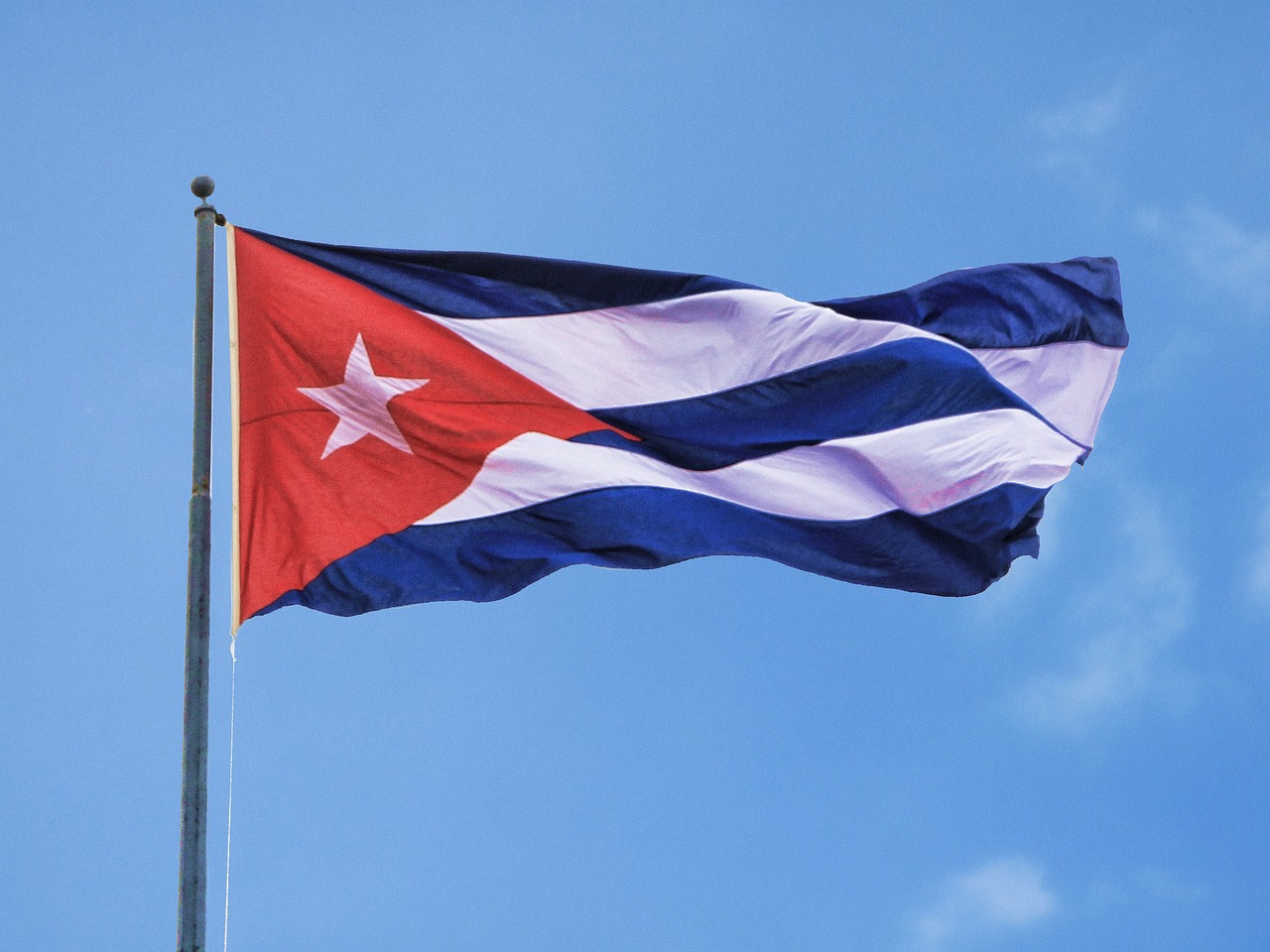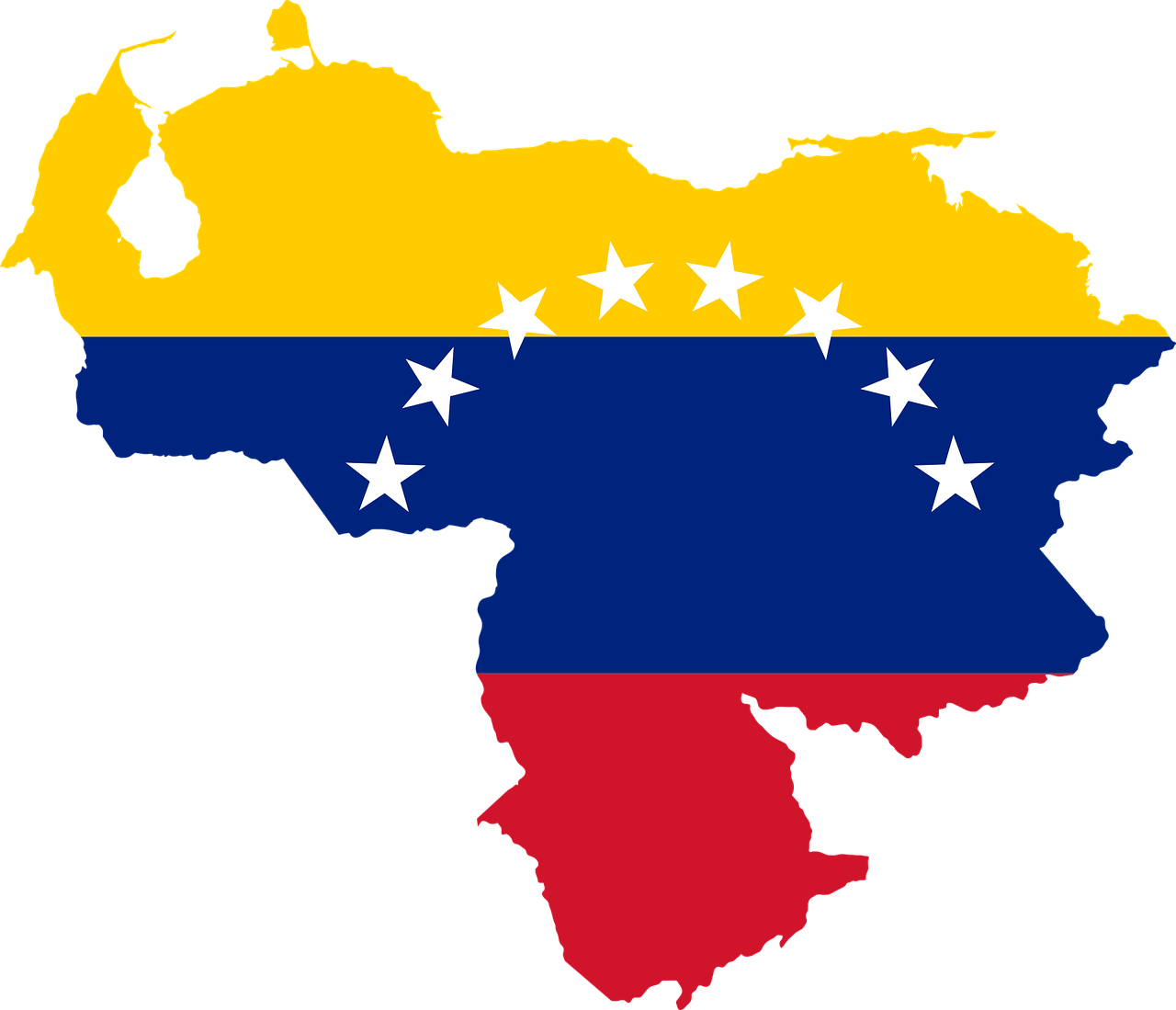 We are pleased to report that the Department of Homeland Security recently issued a notice in the Federal Register extending Haiti’s designation for Temporary Protected Status (TPS) for an 18-month period, from August 4, 2024 to February 3, 2026.
We are pleased to report that the Department of Homeland Security recently issued a notice in the Federal Register extending Haiti’s designation for Temporary Protected Status (TPS) for an 18-month period, from August 4, 2024 to February 3, 2026.
Those who qualify will be eligible to apply for an Employment Authorization Document (EAD) that is valid for the duration of the TPS country designation.
The redesignation was made based on the Secretary of Homeland Security’s assessment that Haiti faces challenges that warrant ongoing humanitarian assistance based on the regional violence and insecurity throughout the country.
Who qualifies?
You may be eligible to apply for TPS under Haiti’s designation if you continuously resided in the United States on or before June 3, 2024, and have remained continuously physically present in the United States since that date.
However, if you arrived in the United States after June 3, 2024, you are not eligible for TPS under Haiti’s designation.
It is estimated that Haiti’s redesignation will allow approximately 309,000 additional Haitian nationals to file an initial TPS application if they are otherwise eligible.
Haitian TPS recipients will also be allowed to retain their TPS benefits upon their re-registration.
First Time Applicants
Under the redesignation of TPS for Haiti, eligible individuals who do not have TPS may submit an initial Form I-821, Application for Temporary Protected Status, during the initial registration period that runs from July 1, 2024 through February 3, 2026.
Applicants can apply for a TPS-related EAD by submitting a completed Form I-765, Application for Employment Authorization, with their Form I-821, or separately later. The I-765 form can be filed online.
Re-registration for current TPS recipients
Current beneficiaries under TPS must re-register during the 60-day re-registration period that runs from July 1, 2024, through August 30, 2024. Qualifying beneficiaries who re-register and continue to meet the TPS eligibility requirements will be able to retain their TPS benefits and employment authorization.
Re-registration is limited to individuals who previously registered for and were granted TPS under Haiti’s initial designation.
 Visa Lawyer Blog
Visa Lawyer Blog










